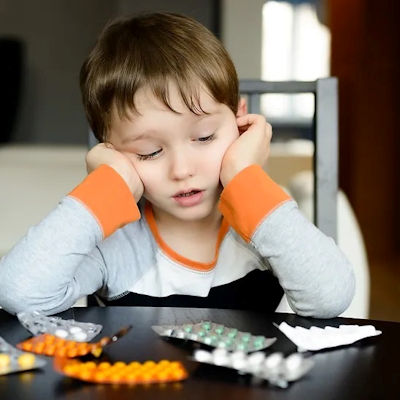Twelve years of research at Israel's top Technion University with world-class scientists have culminated in the development of a proprietary algorithm that will be employed through our device for precise attention measurement.
ADHD Diagnosis

The industry standard ADHD test relies exclusively on voluntary cooperation and complex actions involving hundreds of neural pathways that dramatically reduce accuracy. The test takes approximately 25 minutes, a difficult task for a child who has trouble focusing.
In just six minutes, by using an EMG system to measure reflexive responses to auditory stimuli and levels of inhibition, we can provide a precise diagnosis.
ADHD Medication

Today it is extremely difficult, if not impossible, to arrive at a clear diagnosis for accurate drug prescription.
Overdosing or underdosing can each lead to severely challenging behavior and anguish. The adverse effects of taking too much stimulant medication (like Ritalin) include the "zombie effect," rapid heart rate, increased blood pressure, tremors, and agitation. Worst-case scenarios include schizophrenic-like psychosis, heart attack, stroke, seizures, and death.
With MindTension’s accurate in-office diagnostics, therapists can instantly - over the course of a single session - measure the impact of ADHD medication for immediate adjustment to identify the smallest dose that produces the desired outcome.
Emotional Dysregulation

Emotional dysregulation, or difficulty in regulating emotions, can manifest in feeling frustrated by seemingly small annoyances, struggling to control impulsive behaviors, or experiencing rageful outbursts. These displays of extreme emotion can negatively affect relationships with friends, schoolmates, co-workers, and family members.
Stimulant medications for ADHD can also improve emotional dysregulation. Children suffering from both ADHD and emotional dysregulation can especially be helped by identifying an optimal stimulant dosage.
Our Scientific Board

Prof. Iris Manor
Geha Mental Health

Prof. Jeff Newcorn
Mt Sinai, New York
Our Board & Advisors
MindTension in the News
Contact Us
Sha'ar Ha'negev Regional Council
D.N. Kibbutz NirAm
Israel 78100









